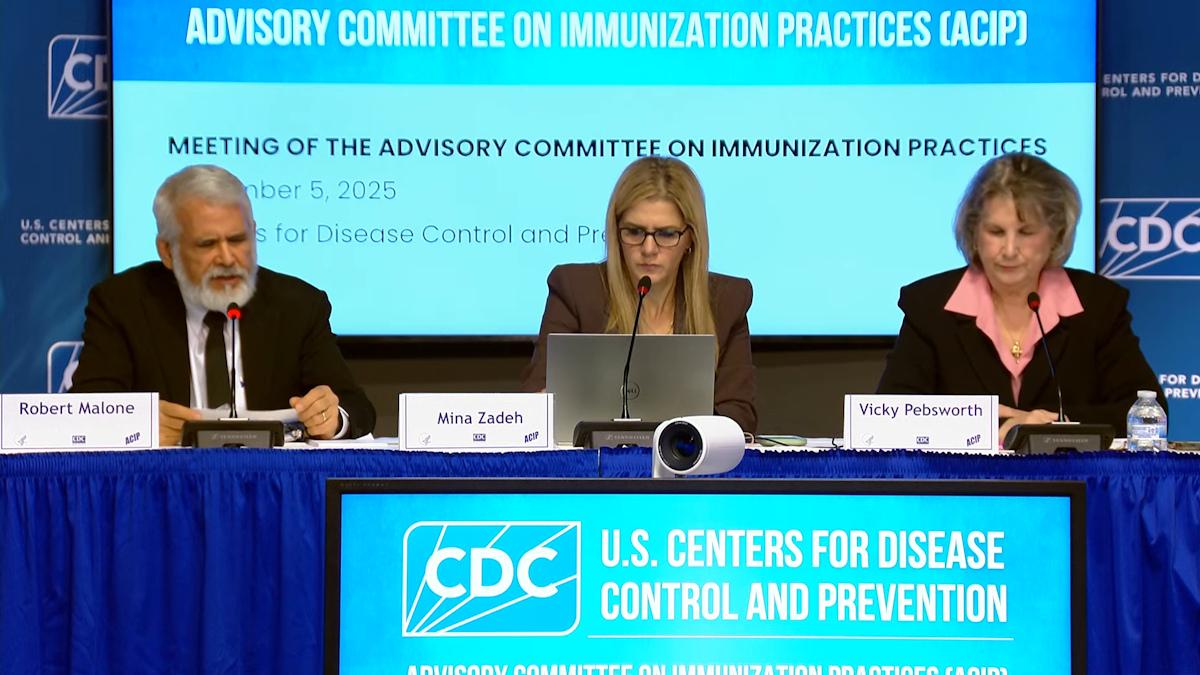RFK Jr formally backs thimerosal ban in US vaccines

Health and Human Services (HHS) Secretary Robert F Kennedy Jr at the HELP Committee hearing.
US Health and Human Services (HHS) Secretary Robert F Kennedy Jr has formally signed off on a recommendation to remove thimerosal from all influenza vaccines distributed in the United States.
The mercury-based preservative, used in multi-dose vaccine vials for nearly a century, has been the focus of anti-vaccine rhetoric for years, despite repeated findings that it poses no harm to human health. Thimerosal contains ethylmercury, a compound that is processed differently by the body than methylmercury, the form found in seafood and associated with toxicity. Numerous studies have shown that ethylmercury is cleared from the bloodstream quickly and does not accumulate.
Today, thimerosal is used in only around 5% of adult flu shots in the US, primarily to prevent contamination in more affordable multi-dose formulations.
The decision follows a contentious vote by a newly reconstituted vaccine advisory panel, where members voted 5-1 in favour of banning the preservative from seasonal influenza vaccines across all age groups, with one member abstaining. The outcome of the vote is expected to impact this year’s flu vaccine rollout, particularly in clinics and health systems that rely on multi-dose vials for cost-effective administration.
Health experts and physician associations have expressed alarm at the decision — and at the process leading up to it. Kennedy, a longtime vaccine sceptic, recently replaced all 17 members of the CDC’s Advisory Committee on Immunization Practices (ACIP), a move widely criticised as politically motivated.
In a statement released Wednesday, Kennedy said removing thimerosal fulfilled a “long-overdue promise” to protect vulnerable populations. “Injecting any amount of mercury into children when safe, mercury-free alternatives exist defies common sense and public health responsibility. Today, we put safety first,” he said.
But public health leaders have pushed back, warning that the decision may ultimately undermine vaccine access without improving safety. Cody Meissner, MD, of the Geisel School of Medicine at Dartmouth, was the lone dissenting vote against all three thimerosal-related recommendations made at the panel’s June meeting. “The risk from influenza is so much greater than the non-existent, as far as we know, risk from thimerosal.” he said.
While thimerosal has been absent from childhood vaccines for more than two decades in the US, it remains in limited use globally. It is considered essential in low-resource settings where multi-dose vials are often the only viable option. The broader implications of the US decision remain unclear.
Industry watchers now await clarity on how the HHS decision will be implemented ahead of the upcoming flu season, and whether manufacturers and public health providers can pivot in time to meet national vaccination targets with thimerosal-free stock.












